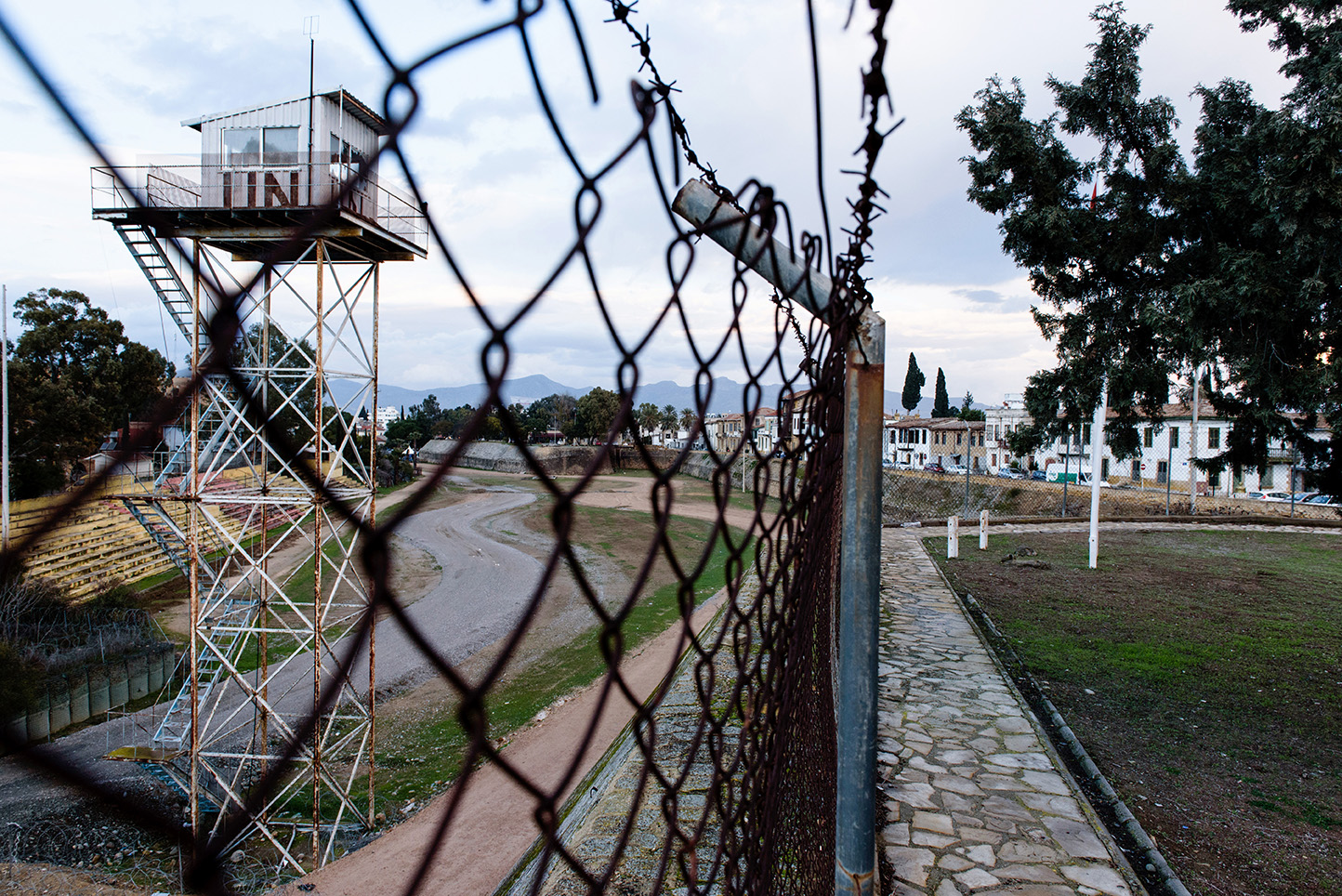Kosovo, politicians and offices
The law in Kosovo allows incumbent politicians to run for new positions without resigning their seats: a situation that undermines the relationship of trust and transparency between political representatives and voters

Kosovo-politicians-and-offices
Pristina, urban landscape - © ColorMaker/Shutterstock
When Shpend Ahmeti, mayor of the capital city of Prishtina, decided to run for MP in the general elections of 2017, while not disclosing to his local electors which position he would hold, the public did not object.
Ever since the Kosovo electoral law allows politicians to run for different positions while retaining their current public post, this practice has become normalized during the election campaign. But is it ethical? And how should one understand it when it is viewed in relation to politicians’ responsibility to the citizens they represent?
Civil society representatives explain it as an opportunity allowed by the law, which is misused within the framework of the same law by political parties to gain more power and retain their electoral base.
“According to the Law on Local Elections, a candidate for Mayor of a Municipality may also be certified as a candidate for other elections, such as those for the Assembly of Kosovo or the Municipal Assembly. Nevertheless, under the same law, he/she must hold only one elected position. Likewise, according to the same law, if a person is elected Mayor, they will not have the right to retain their seat in the Assembly of Kosovo or in the Municipal Assembly,” said for OBCT the spokesperson of the Kosovo Central Commission, Valmir Elezi.
Even though running for a particular position is a common move under the condition of holding only one position when the new race ends, sometimes even luck works in favor of powerful politicians.
Bedri Hamza, mayor of Mitrovica, was the candidate for Prime Minister and the first on the list of candidates for Members of Parliament from the Kosovo Democratic Party (PDK) in the central elections held in February 2025. After PDK did not win the central elections, Hamza returned to his mayor post. His seat in parliament will be filled by another candidate who did not win the necessary votes.
“In the case of mayors running for parliament, it is clearly a calculation to maintain and mobilize the electorate in those municipalities where the respective party has won or aims to retain control. These candidates serve more as an electoral symbol than as actual contenders for a parliamentary mandate”- says for OBCT Eugen Cakolli, program manager for Kosovo Democratic Institute , an affiliate of Transparency International.
Cakolli further stated that this form of candidacy constitutes an ethical deviation from the concept of representation and commitment to the public office being contested at the local level.
And while Kosovo has not been able to constitute its assembly and form the new government, Faton Peci, the current Minister of Agriculture from the coalition VV and Guxo list, announced his candidacy for Mayor of Mitrovica in the October 2025 elections. Peci is one of the most voted-for politicians from the Vetevendosje and Guxo coalition in the 2025 central elections. If he is elected, he will have to abandon not only his idea of representing citizens at the central level, but also his seat in the parliament.
The practice of MPs running for mayor is viewed as a strategy of political parties to use popular figures to maximize the local result in central municipalities, despite the fact that in some cases, political parties want to focus on local government.
“And this inevitably undermines the development of a stable cadre structure focused on local issues or on building a political career through experience in municipal governance”, says Cakolli from Kosovo Democratic Institute (KDI)
On a more extreme level, two mayors from the Democratic League of Kosovo – Gazmend Muhaxhiri, mayor of Peja , and Imri Ahmeti, mayor of Lipjan – run for MPs while being in their fourth year as mayors. They both won their seats in parliament and subsequently abandoned them to return to the mayor’s seat. When the date for local elections was set, they both appeared to be running for their third mandates.
Naser Lajqi from the local civil organization Syri i Vizionit , says that a mayor running for MP creates insecurities for the continuity of projects and their commitment to the citizens.
“In many cases, mayors, especially those who have won without a runoff, as in the case of Peja, enter the race for parliament with the belief that they will retain their electorate, based on the conviction that their voters will not support any other party or candidate”, said for OBCT Naser Lajqi, a project manager for Syri i Vizionit.
According to Lajqi, citizens used to think that a mayor would run for MP to represent the citizens at the central level, but later it was understood that the main aim of this move is the electoral calculation to strengthen the political party; therefore, the citizens support for these candidates has fallen.
“This was also observed in the most recent elections in Peja, where the mayor, Muhaxheri, running as a candidate for parliament, did not receive the expected support, precisely because citizens perceived his candidacy as a move driven by party interests rather than the public interest,” said Lajci for OBCT.









